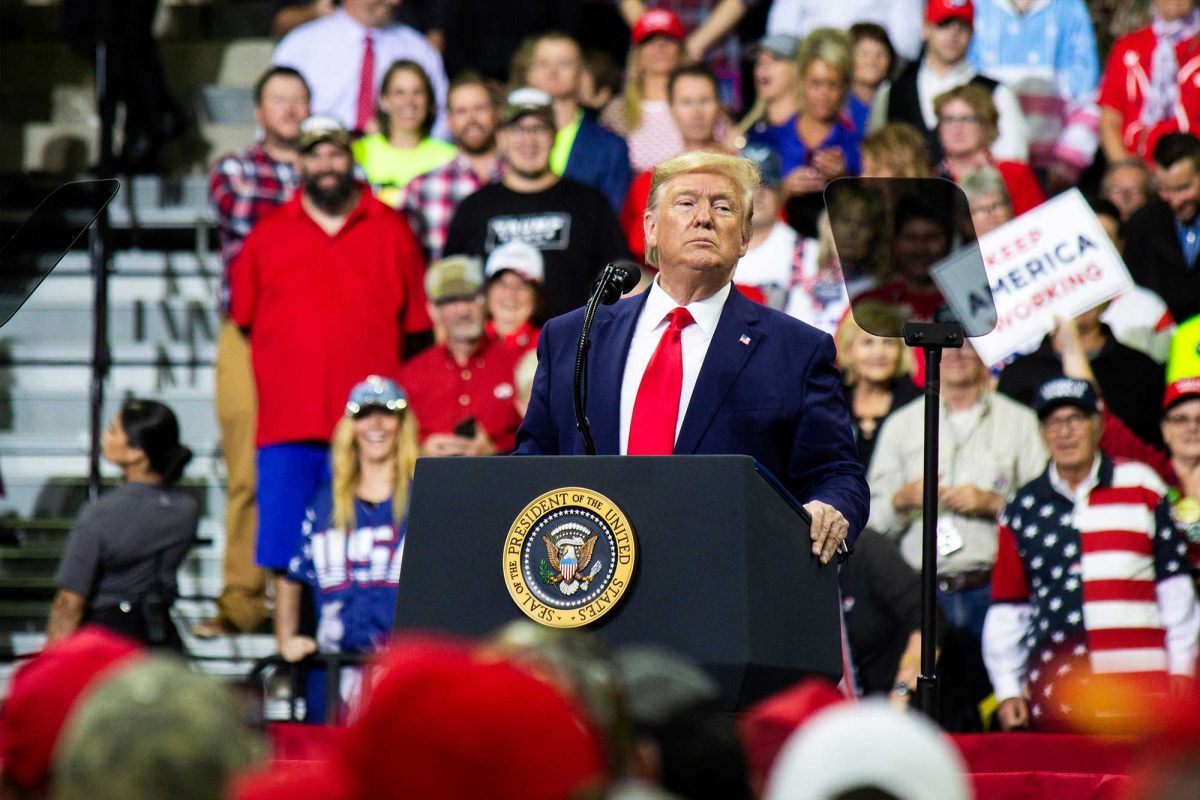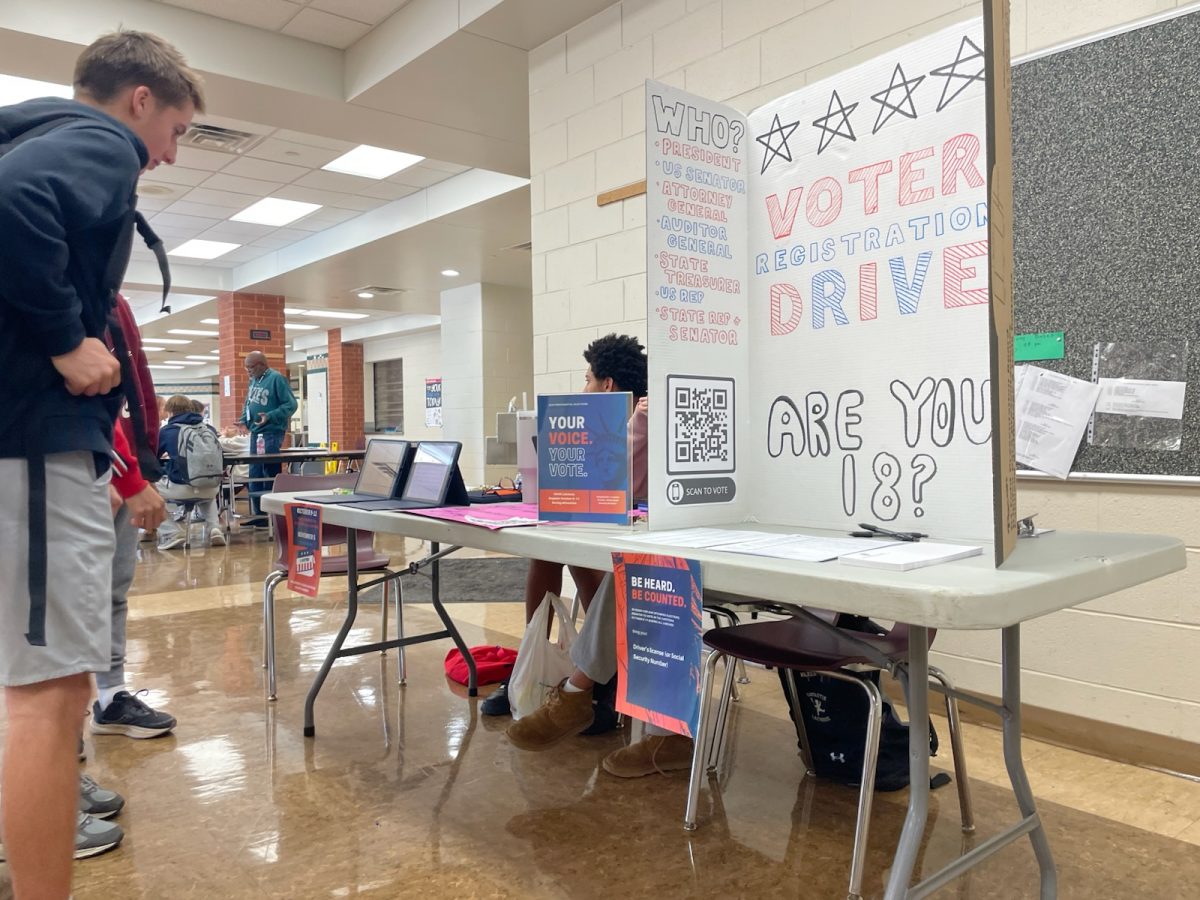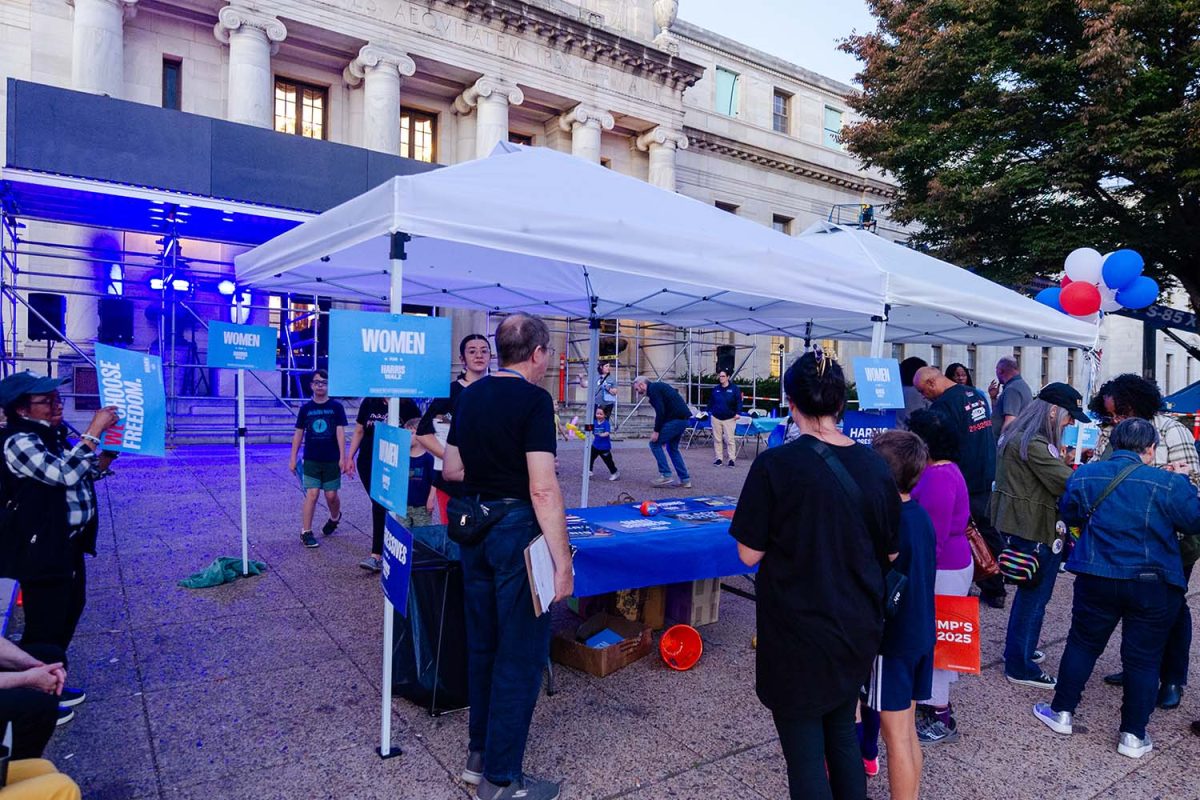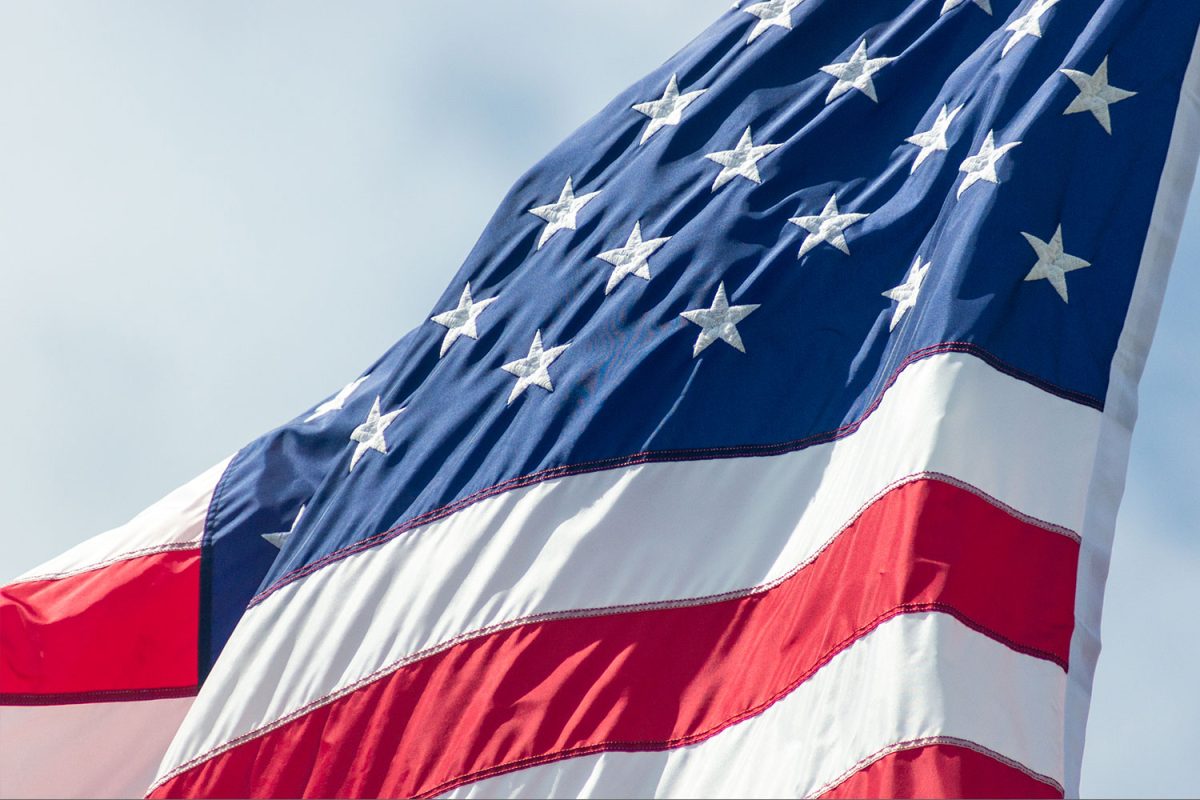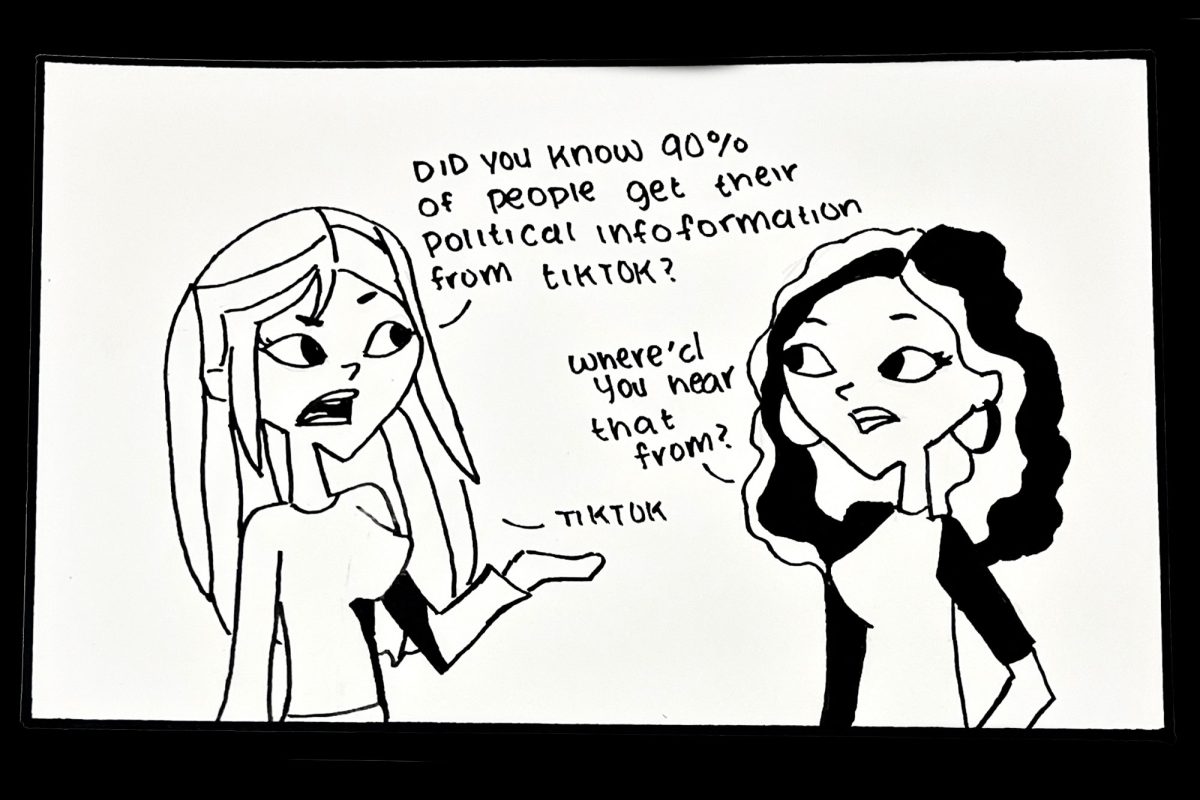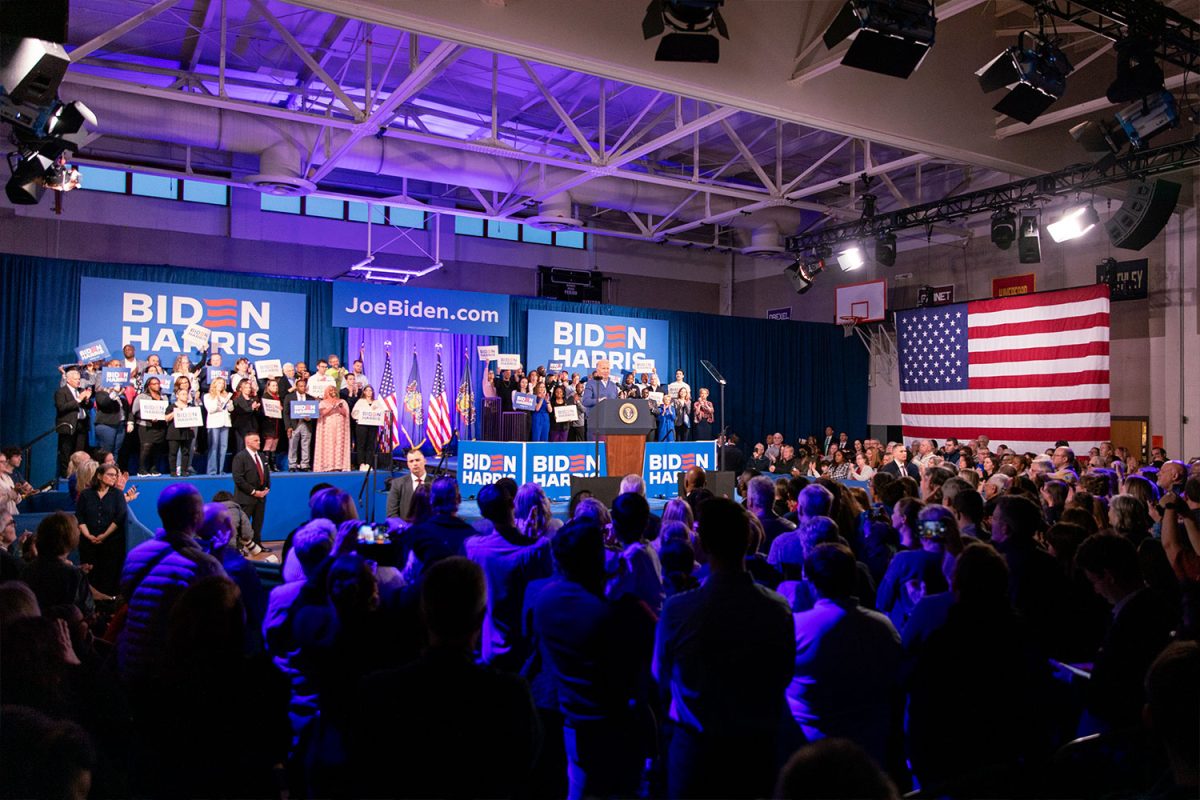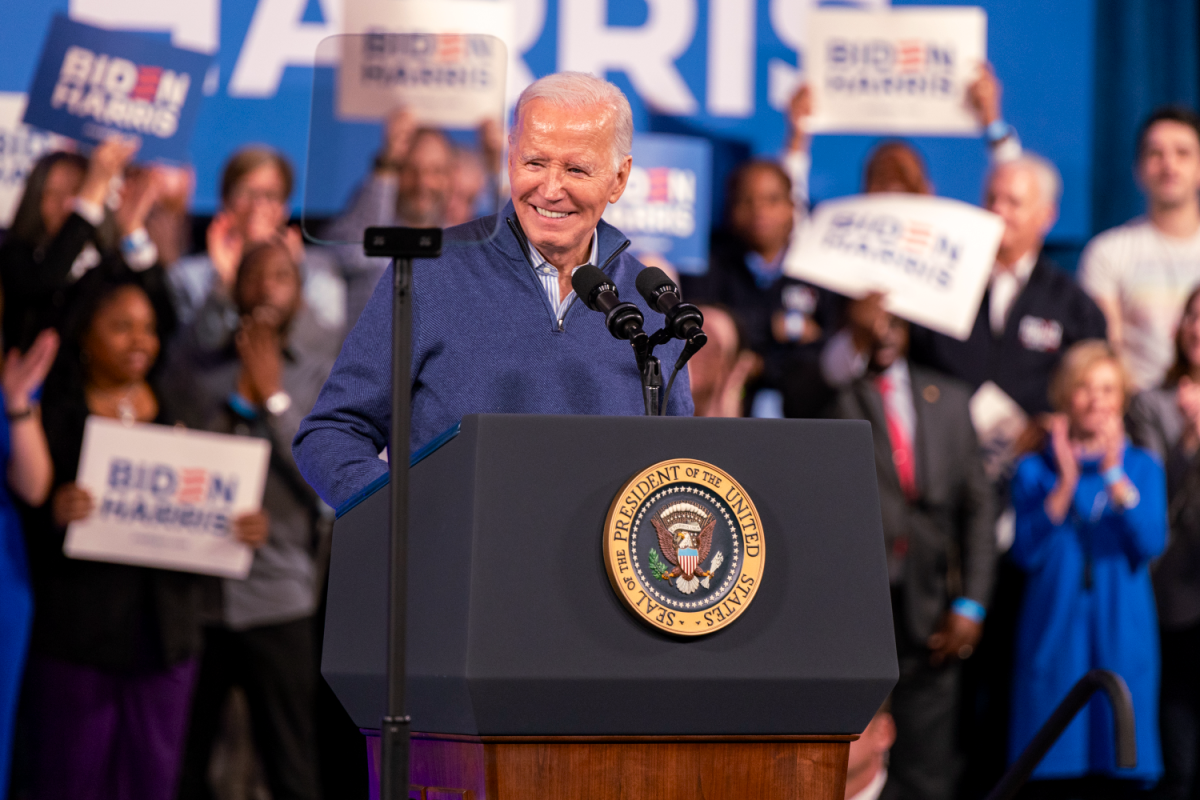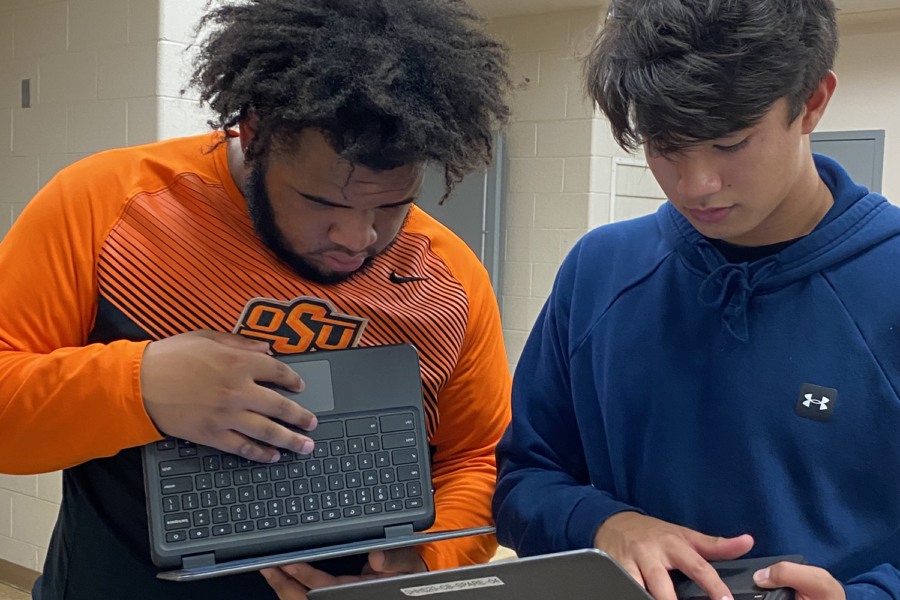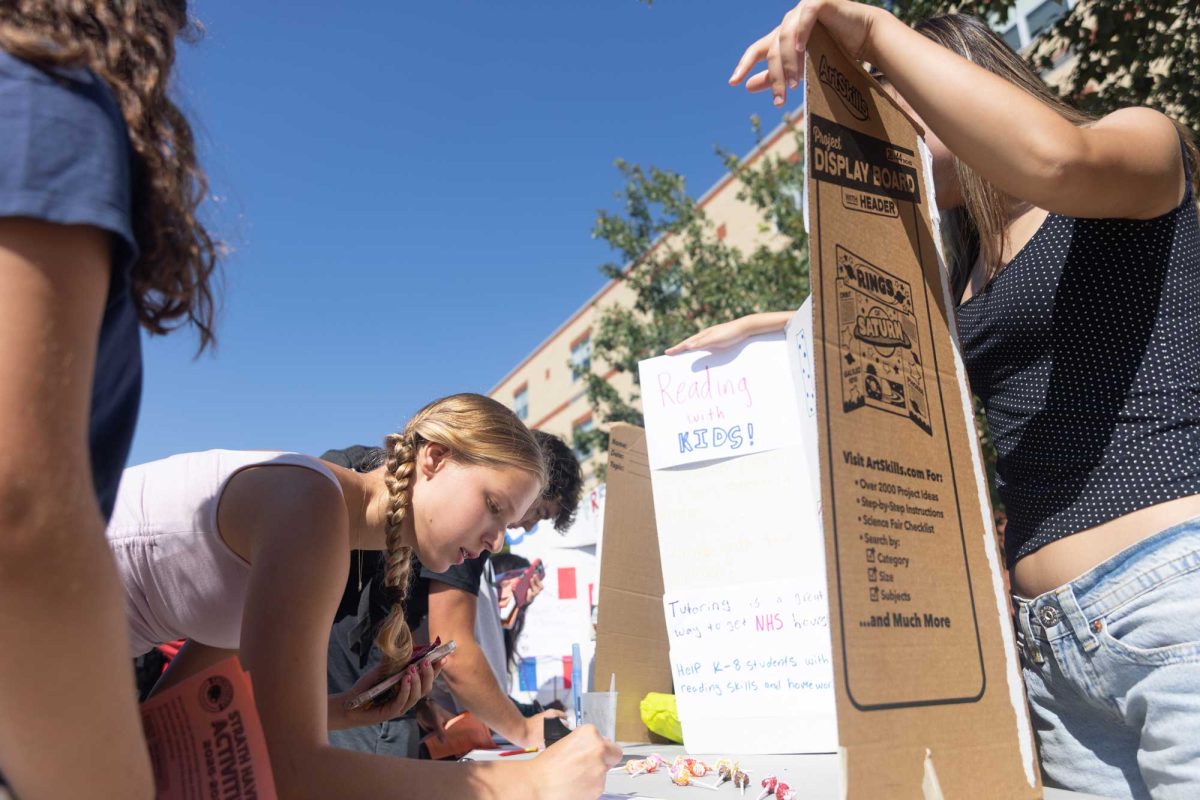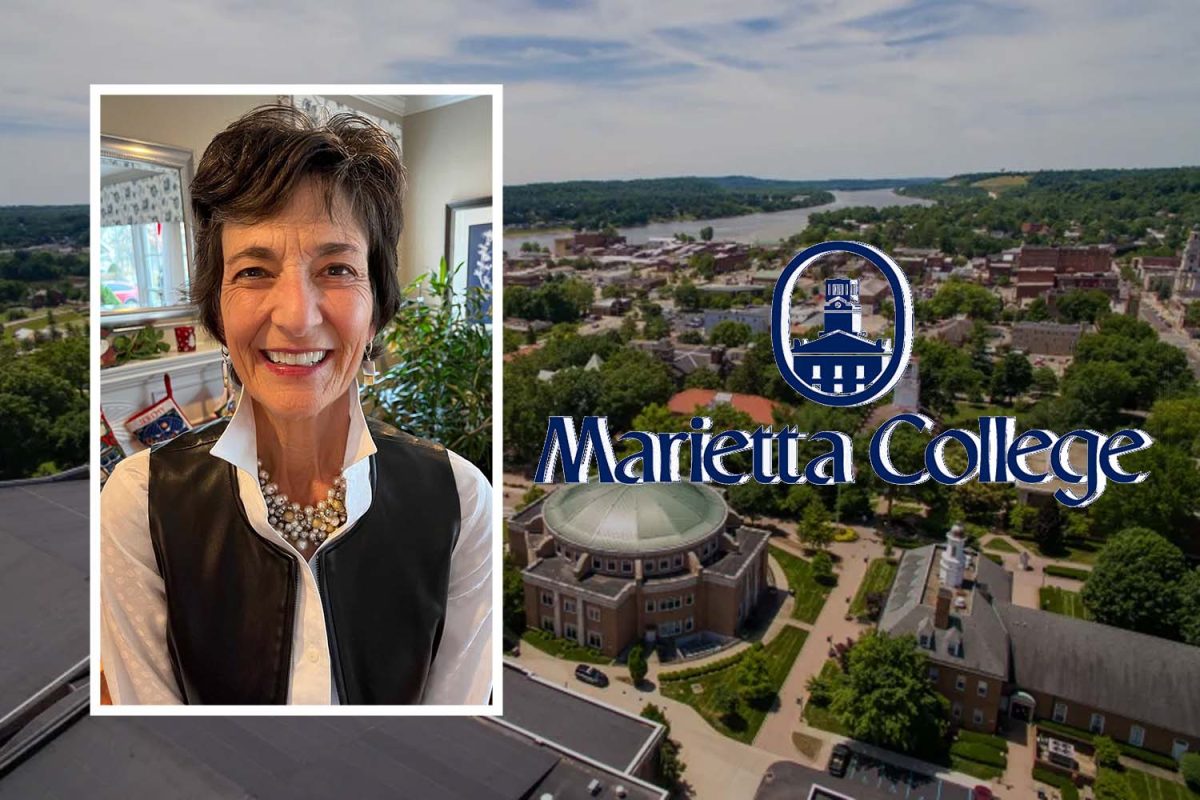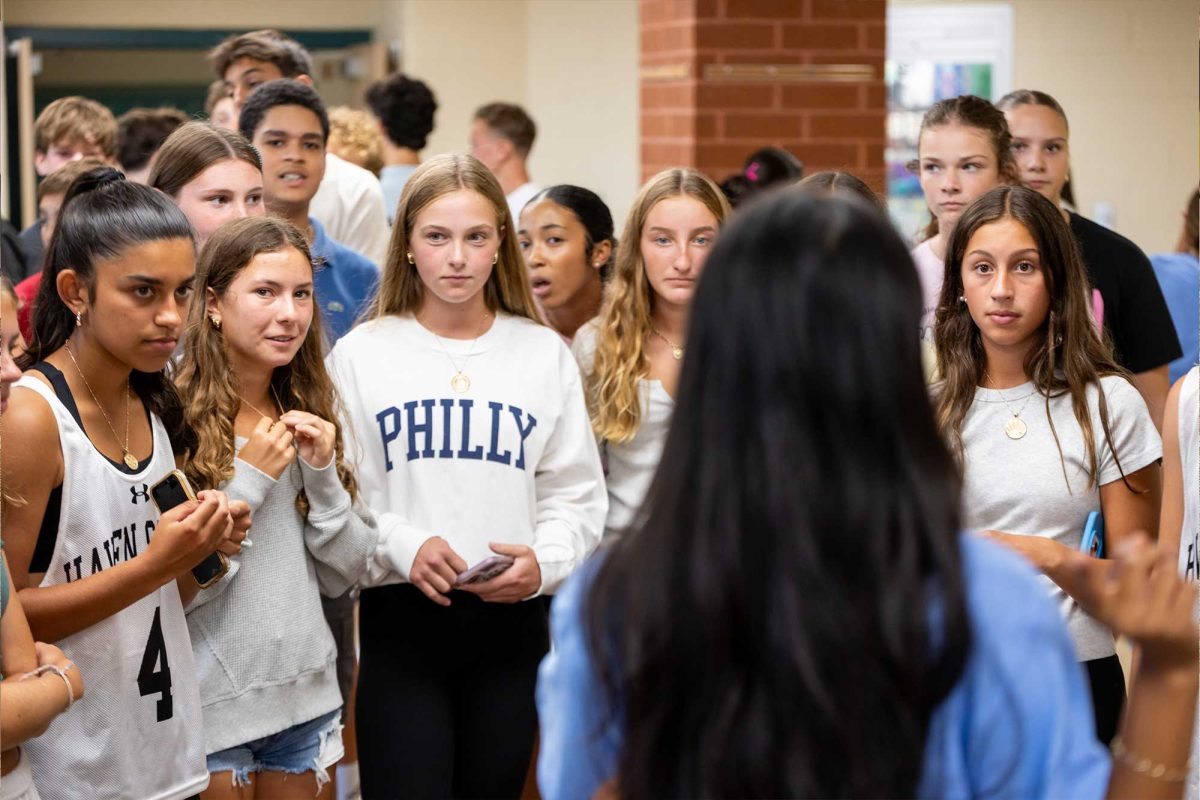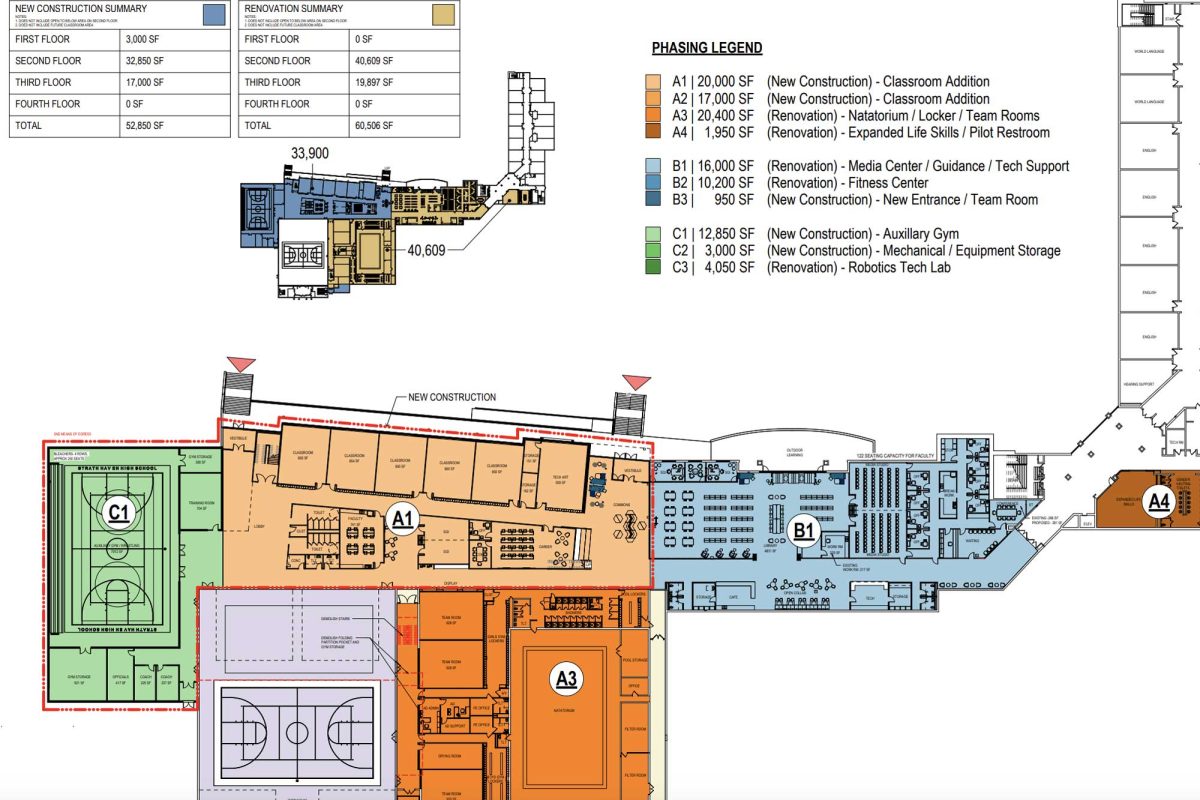After a letter to districts across the country from the federal Department of Education demanding a halt to “illegal DEI,” WSSD will be following the guidance of the Pennsylvania Department of Education.
The letter, sent out on April 3, asked schools nationwide to certify that they are in compliance with Title VI of the Civil Rights Act of 1964 and alleged that “certain DEI practices” can violate the law and result in cutting of federal funding.
In an April 9 response to the message, the Pennsylvania Department of Education assured superintendents across the state that no further action was required. The agency responded to the Trump administration’s DOE on behalf of Pennsylvania, stating that it has already been certified that Pennsylvania’s districts comply with Title VI and that that has not changed.
According to previous Interim Superintendent Dr. James Scanlon, due to unclear wording in the letter and assurances from Pennsylvania’s Department of Education, superintendents across Pennsylvania followed state guidance and refrained from signing the document.
“[Superintendents] don’t define what’s legal, what’s illegal,” Scanlon said. “And so at least in Pennsylvania, none of the superintendents signed it.“
While certain guidelines are administered by the federal Department of Education, interpretation often ends up in the hands of state agencies.
“It’s not a function of the federal government, right? So the rules and regulations come out of the federal Department of Education, but then there’s 50 different interpretations of that,” Scanlon said. “So it’s really Pennsylvania. That is what superintendents will respond to: the Secretary of Education in Pennsylvania.”
According to Scanlon, school board members will take action as well if needed.
“Our board here is pretty comfortable that we’re knowledgeable about what’s going on with the law,” Scanlon said. “Working with our own governing agency in Pennsylvania and Harrisburg, they’ll pretty much take our recommendation.”
The main threat looming behind the certification request was removal of federal funding. Title VI outlaws discrimination on the basis of race, color, or national origin in programs receiving federal funding, and the current federal Department of Education’s view of the law is that DEI (Diversity, Equity, and Inclusion) efforts that “advantage one’s race over another” are unlawful.
According to Scanlon, 1.4% of WSSD’s funding comes from federal sources, coming out to around $1.4 million—a figure that is a small portion of district funding, but certainly not inconsequential. The installation of the new turf field at King Field cost around $1 million, and the administration is weighing the installation of another turf field as part of the high school’s planned renovations.
However, the letter does not make it entirely clear which DEI programs would be considered impermissible. The administration’s letter cited the 2023 U.S. Supreme Court case of Students for Fair Admissions v. Harvard, likening “illegal DEI” in schools to affirmative action programs in college admissions.
While the letter itself did not explicitly provide examples of what DEI programs are impermissible in the view of the Trump administration, it was stated in an earlier executive order that historical observances like Black History Month would not be considered illegal.
However, the Trump administration has not shied away from enforcing its orders on what it objects to. On April 29 the Department of Education launched an investigation into Chicago Public Schools on account of its “Black Student Success Plan.”
WSSD’s strategic plan, while much broader, has some elements not completely alien to the Chicago Public Schools plan that came under scrutiny. It envisions a future that does involve celebration of underrepresented groups, something that is unclear whether the Trump administration objects to.
“By 2033 there is a common understanding of Diversity, Equity and Belonging that is embedded in all WSSD practices,” the plan states. “The practices, procedures and policies at WSSD fully include and celebrate underrepresented groups. WSSD is a safe and welcoming environment for all regardless of socio-economic status, cultural, religious background, gender, ability or disability that provides: … Professional Development related to diversity, equity and belonging that is reflected in our instructional methods as well as social-emotional practices.”
Despite federal pressure, it seems new district leadership will not abandon these aims.
“It’s a lot of noise in Washington, and we’re just staying the course and doing what we think is right for the kids,” Scanlon said, a sentiment affirmed by new superintendent Dr. Russell Johnston.
It has also been questioned whether such orders from the federal government are legal. Two separate federal judges in Maryland and New Hampshire limited the enforcement of the certification in separate April 24 rulings, citing procedural issues and the vagueness of the federal demands.
Johnston, who started on May 1, believes issues like this would fall into his plans for a Student Advisory Council for next year, wanting to remain open to student input.
“I understand this is a challenging time, a time of uncertainty and chaos in some ways,” Johnston said. “We want to keep the door open and be very much engaged between administration and the student body, so that we walk together through this difficult time.”







